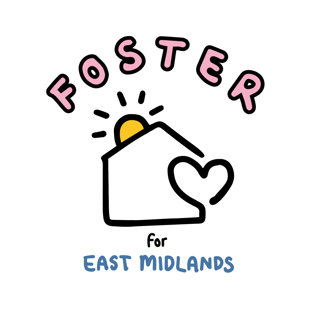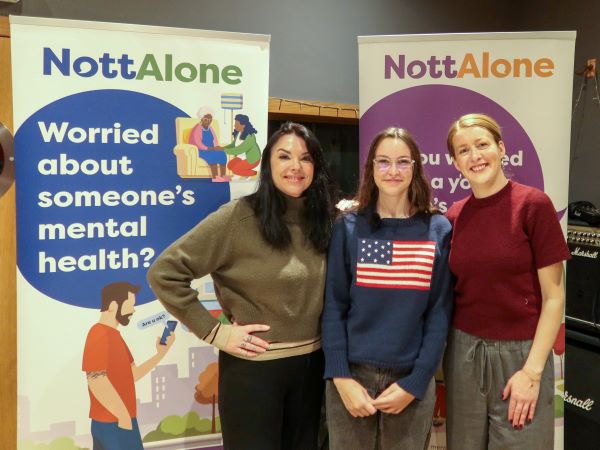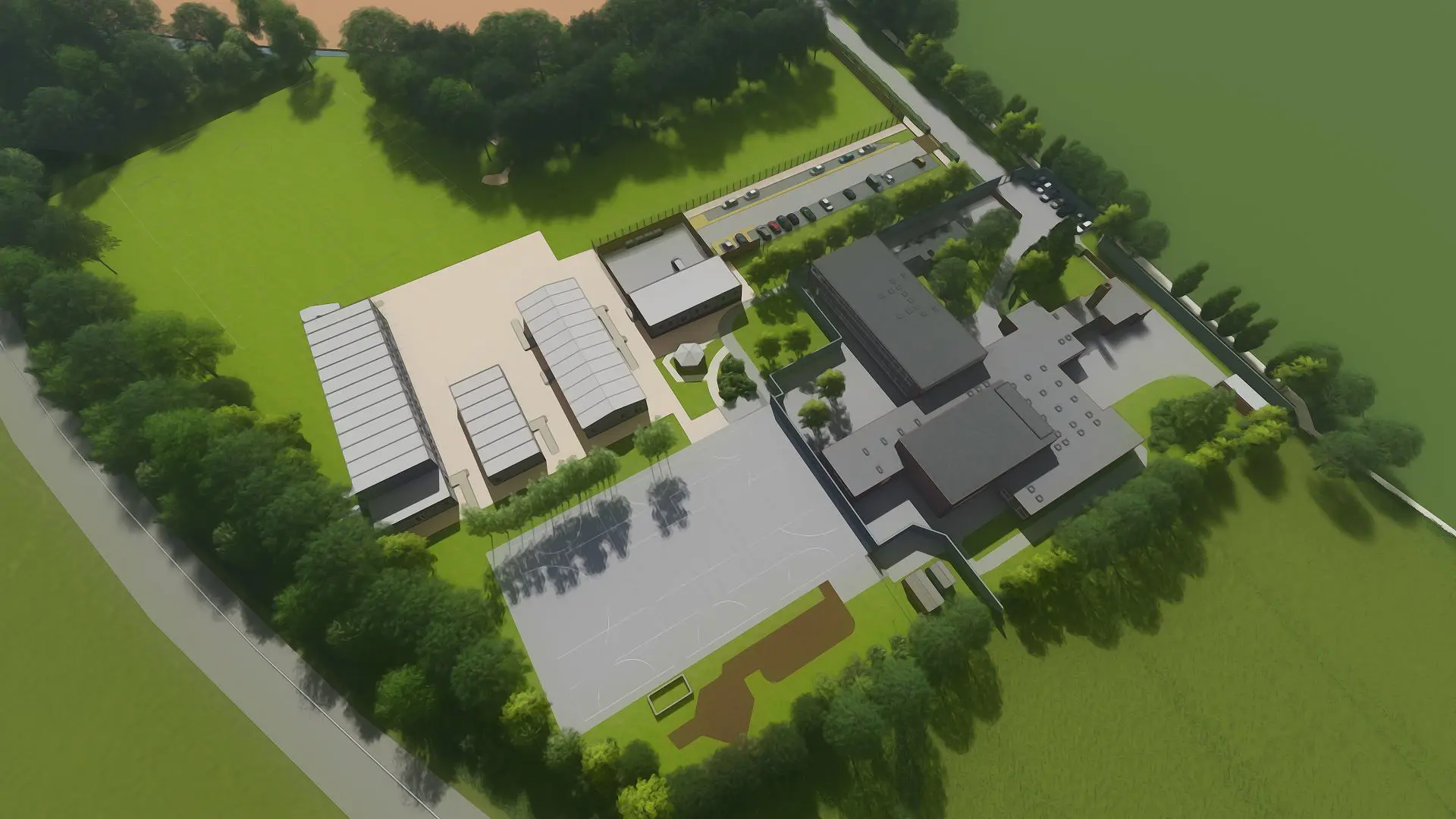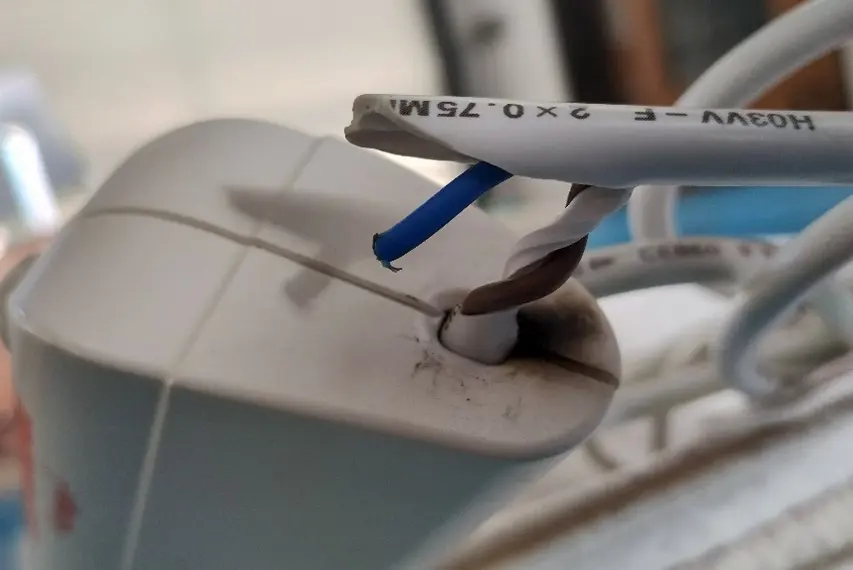Foster for East Midlands
Together, let's shape a brighter future for every child.
Derby, Derbyshire, Nottingham and Nottinghamshire Councils need you.
As Foster for East Midlands, Derby City, Derbyshire County, Nottingham City and Nottinghamshire County Councils are proud to be joining together to recruit more foster carers and improve the outcomes for the children we care for.
We're offering prospective foster carers increased levels of support through the creation of a regionalised recruitment hub.
Fostering for us means you are helping keep local children closer to home. As a non-profit organisation, we aim to place children with our own foster carers before contacting other agencies. All of our foster carers receive an exceptional benefits, support and training package.
Every child deserves a happy and healthy childhood. You can make a difference every day - be the difference for a local child. You can foster. Rule yourself in and not out. We'll be there for you every step of the way.
Please visit the Foster for East Midlands website for further information about fostering. When you feel ready to take the first step towards fostering, contact us to find out how we can help you get started on your journey towards becoming a foster parent.








